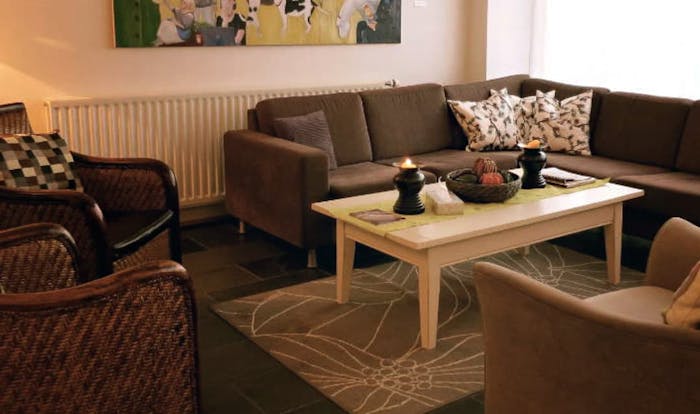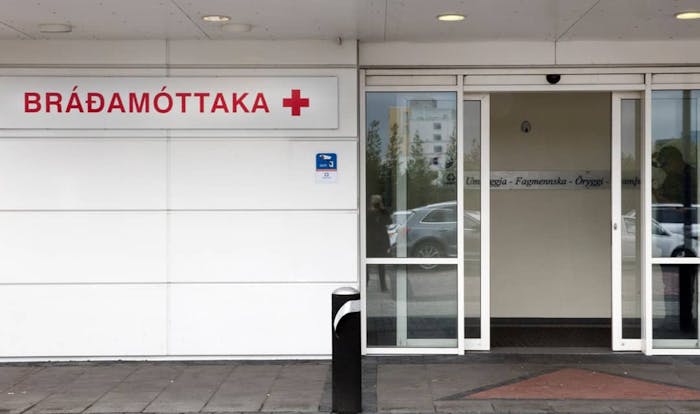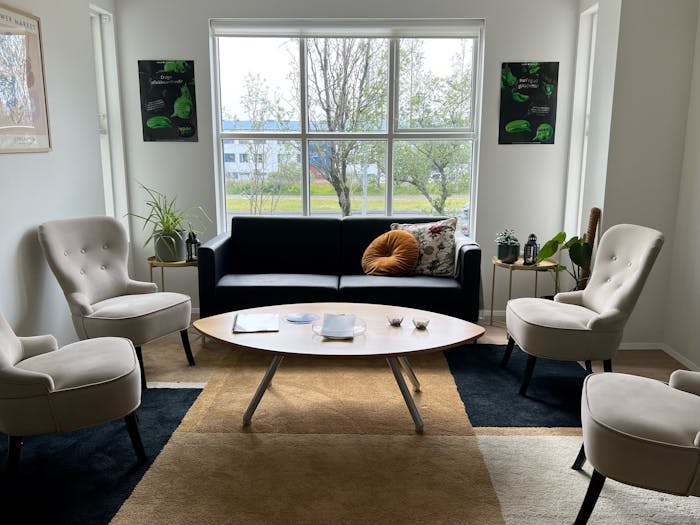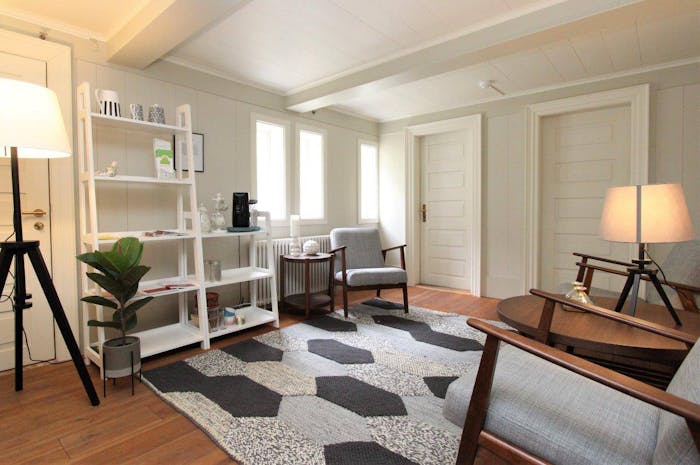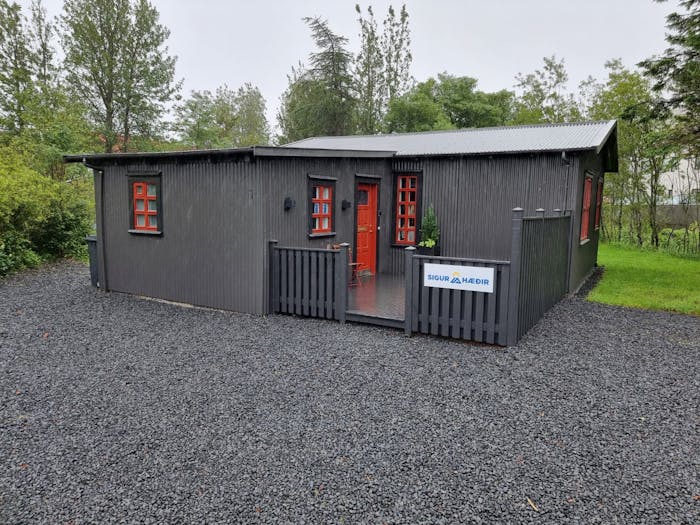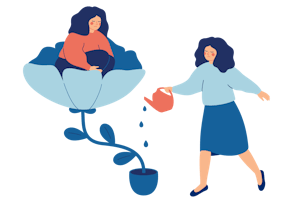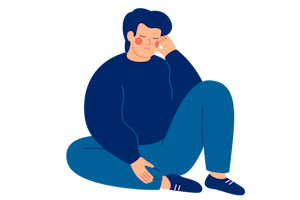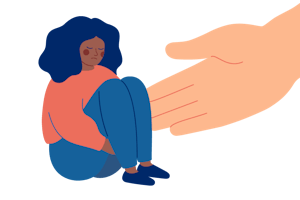How can you help?
Believe
When someone tells you about sexual abuse they have experienced, believe them. You should also tell them you believe them.
Listen
Listen without interrupting or speaking too much. It is normal to want to ask lots of questions but that can make the person feel bad. It might sound like you blame them for what happened.
Never blame the person for what happened
Sexual abuse is never the fault of the victim.
It does not matter what people are wearing, whether they were under the influence of drugs or alcohol or what their relationship is to the person who inflicted the abuse.
Sexual abuse is never OK.
Let them express their feelings
Let the person cry, scream or be silent if they want to. It can be uncomfortable, but it is important that they are able to express difficult emotions.
Ask before touching
Many people who have experienced sexual abuse find touch uncomfortable. Especially shortly after the offence. Ask whether you can hug them. That also gives them the crucial power to say yes or no.
Offer help
It’s good to encourage people to seek out help, for example at Bjarkarhlíð, but the decision must always be theirs. Offer to look up where they can seek help and to accompany them to a consultation.
Remember to show patience, the recovery process can take a long time.



